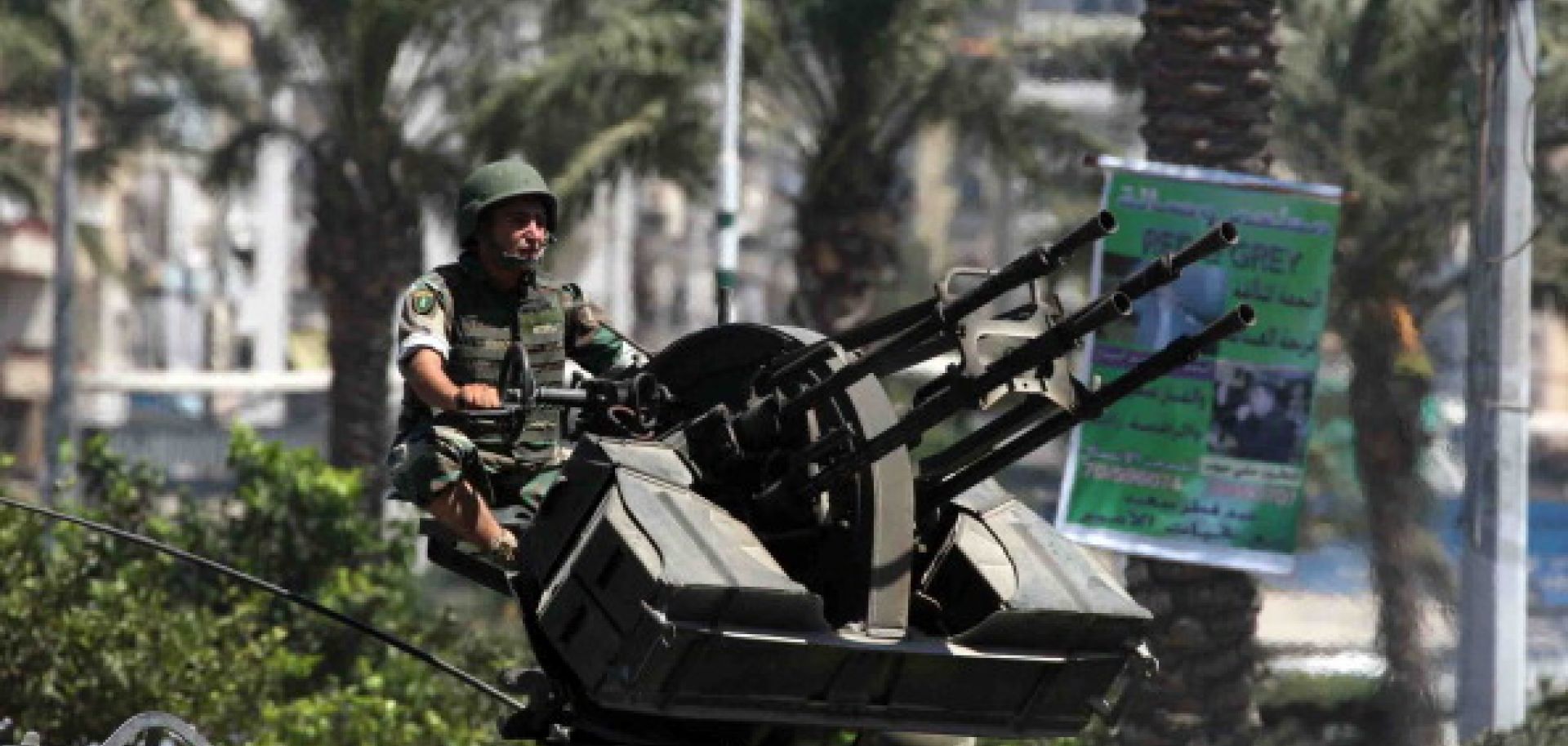ASSESSMENTS
Hezbollah's Pragmatism and Lebanon's Tenuous Calm
Aug 23, 2012 | 12:23 GMT

STR/AFP/GettyImages
Summary
Clashes between Sunnis and Alawites resumed Aug. 22 in the northern Lebanese city of Tripoli. Triggered by civil unrest in neighboring Syria, the clashes have left as many as 10 dead as tensions rise throughout Lebanon.
Several of Syria's neighbors will be affected by Syrian President Bashar al Assad's departure. Most important, al Assad's ouster could endanger Iran's geopolitical position in neighboring Iraq and Lebanon, especially with Tehran's Shiite ally, Hezbollah.
Lebanon has remained relatively calm since the uprising in Syria began in March 2011. Hezbollah's pragmatic response to the unrest is part of the reason for this. But this pragmatism also makes Hezbollah look weak — or at least fearful and nervous — potentially alienating the group from its support base, which relies on Hezbollah's domestic political strength to protect impoverished Shia in Lebanon. Ultimately, the political transition in Syria could disrupt Lebanon's stability and eventually challenge Hezbollah.
Subscribe Now
SubscribeAlready have an account?
